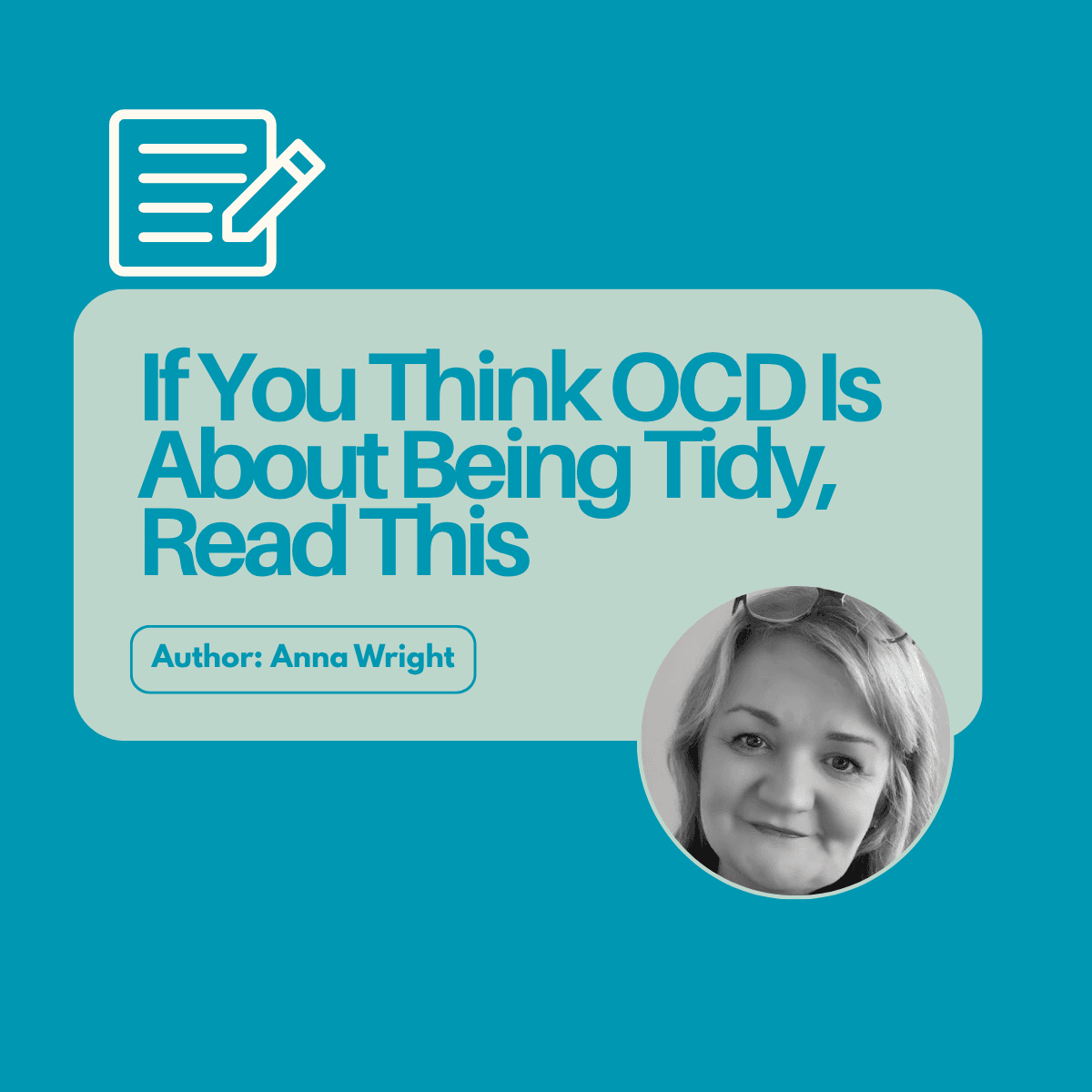Menopause Awareness Month is a time dedicated to increasing understanding of menopause, breaking down stigma, and highlighting support and resources for those going through this life phase.
It happens every October with a World Menopause Day held annually on 18 October.
While menopause is experienced by women, it’s important to recognise that it can also affect transgender men, non-binary and intersex individuals.

Why it’s important to shine a spotlight on menopause
- Menopause is still too often a taboo subject. Raising awareness helps normalise conversations and reduce the stigma.
- Many people experience challenging symptoms that affect their quality of life, work, relationships, mental health and wellbeing.
- Better awareness can drive policy change, workplace adjustments, and more inclusive practices in the workplace.
- As a public health issue, it matters. In the UK, according to the British Menopause Society up to 80–90 % of people going through menopause will have some symptoms, and many describe them as severe or debilitating ([i]).
- Lack of workplace support is a real issue. In the UK, research by the Fawcett Society found, 1 in 10 women have considered leaving work because of menopause symptoms, and many reports negative impacts on performance and wellbeing [ii]. Many have also reported little or no support from their organisations.
Menopause, Neurodiversity and the Workplace
Menopause and its symptoms can have a significant impact at work.
- The UK Government’s ‘Menopause in the Workplace Literature Review’ reported that many say symptoms reduce confidence, wellbeing and, their overall job performance and 45 % say their menopause symptoms have negatively impacted their work [iii].
- The symptoms of the menopause can be extremely impactful to daily life – many will take sick leave, reduce hours or change roles due to symptoms which can include, hot flushes, poor sleep, brain fog, mood swings, fatigue, and more.
Common workplace challenges:
- Difficulty concentrating, brain fog, memory lapses
- Fatigue, insomnia, disrupted sleep
- Sudden hot flushes or night sweats
- Mood swings, anxiety, irritability
- Physical discomfort (joint pain, headaches)
- Emotional strain
These challenges can lead to decreased productivity, absenteeism, or decisions to leave jobs if unsupported.
What can you do to support your employees – Six Tips
Policy
Develop a menopause policy or framework (which includes awareness, training, accommodations). When doing so, involve those with an experience of menopause.
Reasonable Adjustments
Such as reduced multi-tasking, flexible hours, extra breaks, private spaces, working from home etc.
Training
Consider training for managers and employees so symptoms are understood, and awareness is increased.
Conversations
Encourage open and psychological safe spaces so employees feel safe to ask for support.
Employee Networks
Speak to your employee network to share experiences and ask for their input on policies and support.
Share Resources
Peer support, menopause cafés, online forums, local support groups (sharing experiences reduces isolation).

So how does this intersect with individuals who are also neurodifferent?
This is a growing area of research and awareness!
A recent study ‘Fundamental intersectionality of menopause and neurodivergence experiences at work’ [iv] found that menopausal transitions can intensify neurodivergent traits.
Another report by Sang et al in 2024 [v] found that Neurodivergent and autistic women faced greater challenges in managing the mental health side of the menstrual cycle and the perimenopause, reporting heightened cognitive and psychological symptoms during the perimenopause.
Participants also reported that their capacity to mask (hide their neurodifferent traits) was harder – this included masking both neurodifferences AND symptoms of menopause. Some also shared that they were less able (or willing) to mask entirely, because their symptoms were too obvious or overwhelming. Because of this, they found interactions with colleagues or the social demands of the workplace more stressful.
Recent studies reveal that autistic women experience more intense menopausal symptoms than non-autistic women — both psychologically (such as increased anxiety and depression) and physically (including headaches, joint pain, and fatigue). Importantly, these symptoms often amplify existing autistic traits and challenges.[vi]
One possible reason is hormonal differences. Research suggests that autistic women may have a distinct hormonal balance that influences their experience of menopause.[vii] Another explanation lies in sensory sensitivity — common among autistic people — which may make bodily changes during menopause feel more intense and harder to manage.[viii]
Dr Deborah Leveroy’s blog explores the impact menopause can have an on autistic woman’s life – read Deborah’s blog. You can also watch Deborah’s webinar where she shares her exploration of the intersection of menopause and autism.
neurobox Workplace Strategy Coach, also Fiona shares her own experience (and a handy Venn diagram) of the cross over between ADHD and the perimenopause. Read her blog.
What should we take from the current research?
We should recognise that neurodifferences and menopause can interact, amplify existing challenges or create new ones!
Exploring the Intersection of Menopause and Autism
Reference and Resources
[i] https://thebms.org.uk/wp-content/uploads/2023/08/17-BMS-TfC-What-is-the-menopause-AUGUST2023-A.pdf
[ii] https://www.fawcettsociety.org.uk/Handlers/Download.ashx?IDMF=9672cf45-5f13-4b69-8882-1e5e643ac8a6
[iv] https://pubmed.ncbi.nlm.nih.gov/39216445/
[vi] Groenman, A. P., Torenvliet, C., Radhoe, T. A., Agelink van Rentergem, J. A., & Geurts, H. M. (2022). Menstruation and menopause in autistic adults: Periods of importance? Autism, 26(6), 1563–1572.
[vii] Gasser, B. A., Kurz, J., Dick, B., & Mohaupt, M. G. (2020). Are steroid hormones dysregulated in autistic girls?Diseases, 8(1), Article 6.
[viii] Acevedo, B., Aron, E., Pospos, S., & Jessen, D. (2018). The functional highly sensitive brain: A review of the brain circuits underlying sensory processing sensitivity and related disorders. Philosophical Transactions of the Royal Society B, 373(1744).





